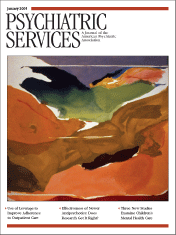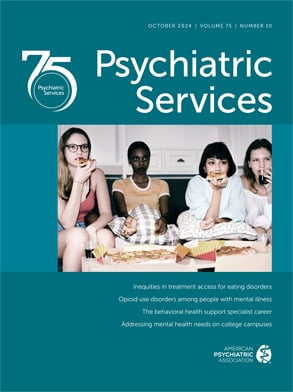Severe acute respiratory syndrome (SARS) was initially only one of many infectious diseases, but by late 2002 it had turned into a new and global epidemic with the potential of becoming a pandemic of overwhelming proportions. Less than six weeks after the first SARS case was reported in China, SARS cases were documented in 27 countries around the world.
The only countermeasures available early in an outbreak of a new infectious disease are behavioral interventions, such as quarantine, hygiene, and isolation. Even in the hospital, supportive care may be all that is offered. Health care providers are faced with exposure to a life-threatening illness for which there is little protection or treatment and which can threaten their own lives as well those of their families. In the worst situations an outbreak can result in disastrous reactions. In 1994 in Surat, India, 80 percent of the private physicians fled the city during an outbreak of Yersinia pestis (plague), which killed 56 people. In the other extreme, we often see health care workers protecting the community and their loved ones at great cost to themselves.
In this issue of Psychiatric Services Chen and colleagues tell us a part of the SARS story as it unfolded in Taiwan. Although their study is limited by its small sample size and nonrandom sampling methods, the findings highlight important areas for mental health needs and future study. Nurses are at high risk of psychiatric morbidity because of their close contact with patients. The need to assign nurses who lacked training to high-risk wards where they had not previously worked created another group at high risk of psychiatric illness and distress. Such distress requires intervention, because it can lead to increased absenteeism, performance disruption, and medical errors.
The microbial world is mysterious, threatening, and frightening to many people. Addressing these perceptions is a necessary part of planning for infectious biological disasters. Influenza can be just as dangerous and deadly. In the second decade of the 1900s nearly 25 million people died from influenza. Facing influenza with a reduced availability of vaccine raises similar concerns. Also important, potential bioterrorist attacks with anthrax, smallpox, plague, and other infectious agents require that we consider and prepare for the mental health needs of health care workers who will be among the first responders. The integration of mental health care into public health preparedness for infectious outbreaks is a critical step in planning for our communities, hospitals, and outpatient care systems.

